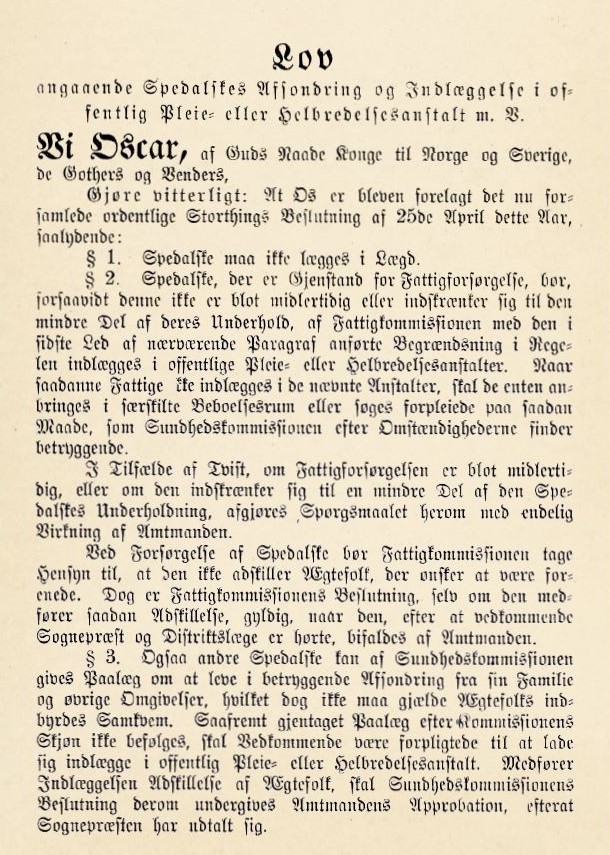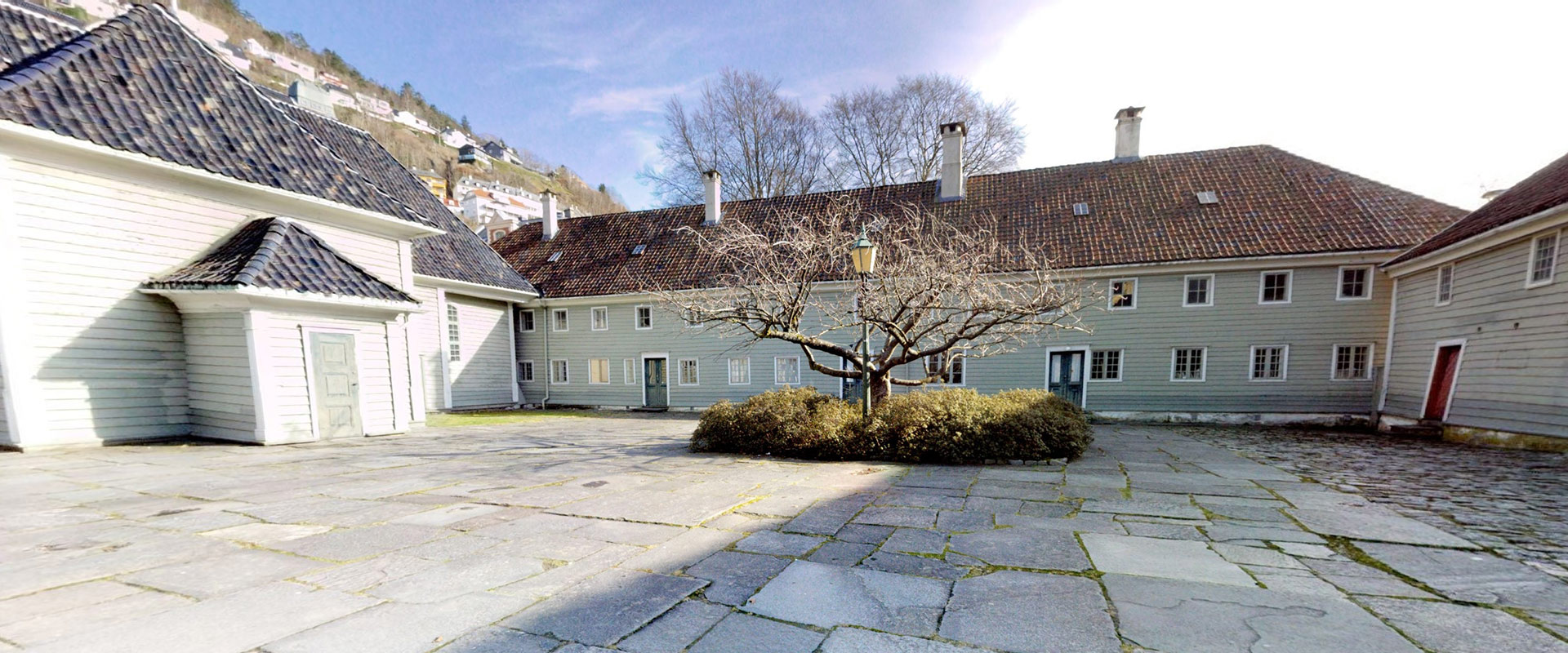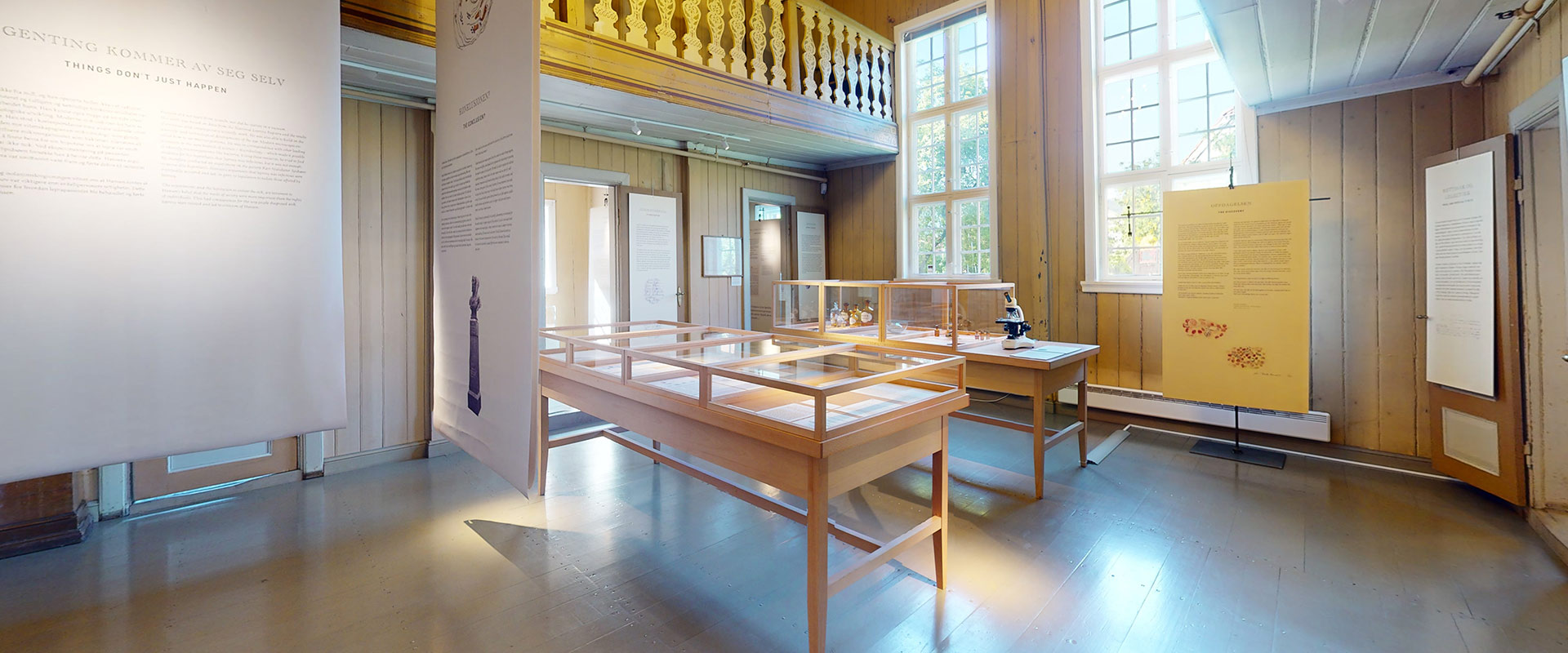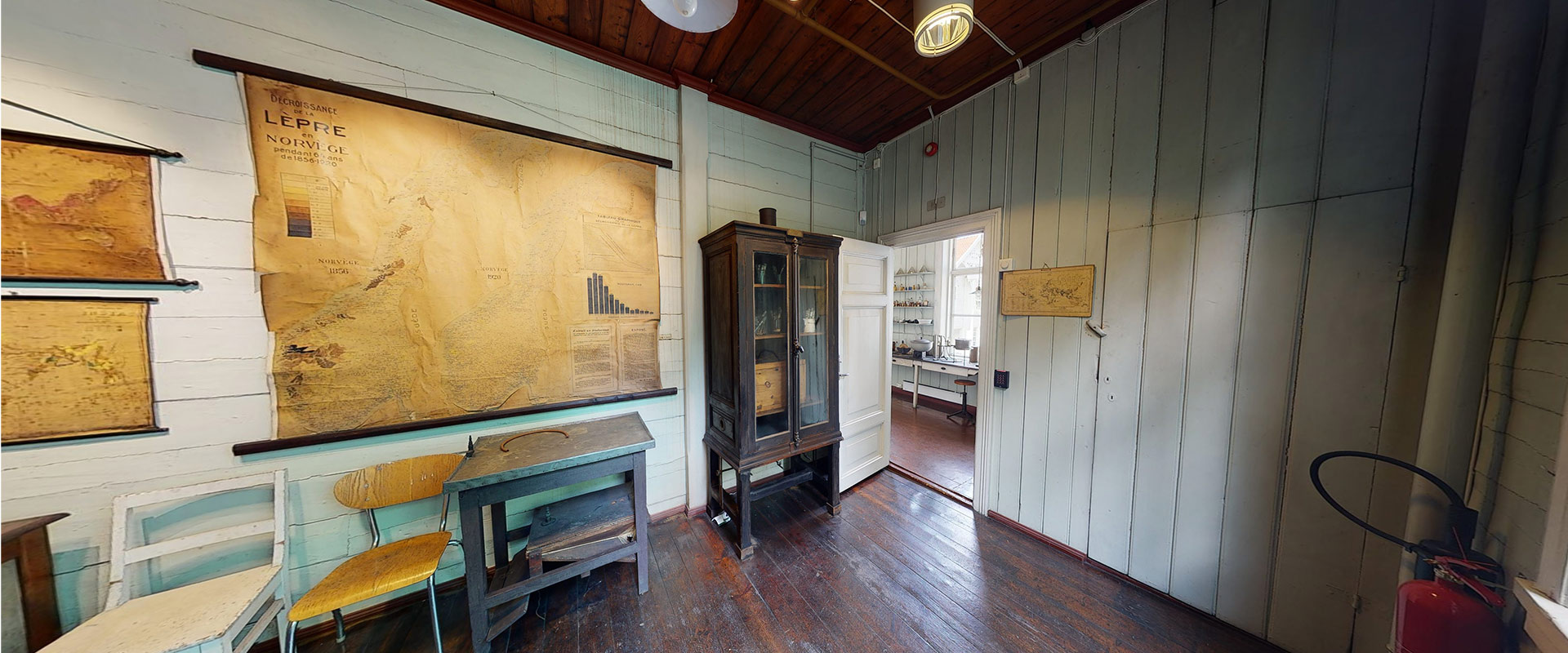‘The Act concerning the Isolation of Persons with Leprosy’
When ‘The Act concerning the Isolation of Persons with Leprosy and their Hospitalisation in Public Nursing and Curative Facilities etc.’ was passed in 1885, it was the second act concerning leprosy, but the first act to applied to all citizens. Legislation to limit the spread of the disease was implemented in two stages. ‘The Act on Financial Aid for Persons with Leprosy Living in Poverty etc.’ from 1877 only applied to the most needy, who could not provide for themselves. The act stipulated that those with leprosy could no longer take advantage of a social system whereby the poor lived with others in their area for varying periods of time, but had to be admitted to a hospital. This legislation was met with little opposition.
However, the second leprosy act from 1885 did spark debate. This act was the first Norwegian act to allow for the of use of force against the chronically ill, and it applied in principle to everyone. The act permitted forced hospitalisation, but only in cases where it was deemed necessary to prevent transmission. Those with leprosy could in principle remain living at home on the condition that they lived ‘in satisfactory isolation from their family and surroundings’. Local health commission were responsible for monitoring this, in consultation with ‘The Chief Medical Officer for Leprosy’. The latter also carried out inspection rounds to those living at home.
The law was not supposed to separate spouses that wanted to live together, but those with leprosy were often ordered to live in isolation in a room on their own. If it was discovered that the order was not being followed, the person was required to admit themself to hospital. If necessary, the police were to assist with hospitalisation.
The legislation became a model for similar laws in many other countries, but isolation was often implemented in a far stricter fashion than in Norway. Despite the legislation being somewhat liberal compared to subsequent legislation in other countries, it still elicited strong reactions among physicians and others, who believed that it violated the rights of the individual.

From Norwegian Legal Gazette No. 14 1885. www.nb.no.



